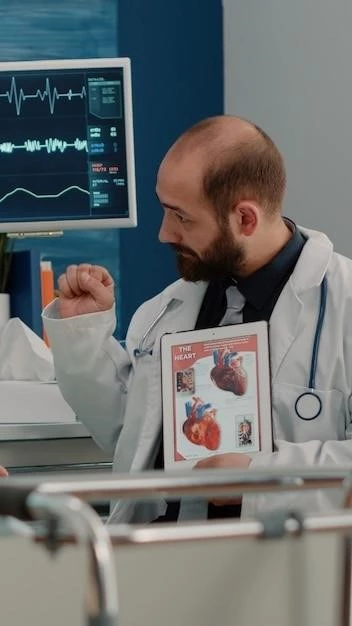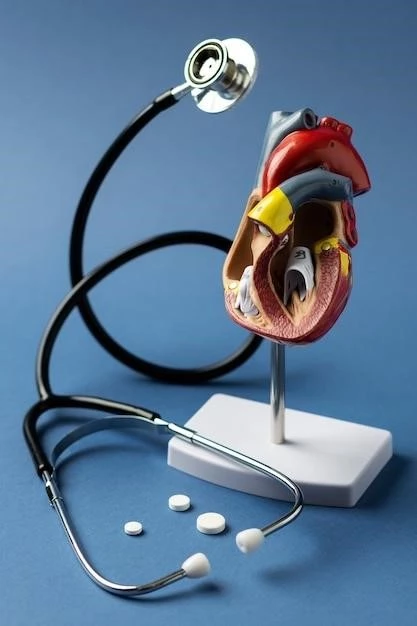Causes of Colobomata Unilobar Lung Heart Defect
Various factors can contribute to the development of Colobomata Unilobar Lung Heart Defect, including genetics, environmental influences, and certain medical conditions. These factors can affect the formation of the heart and lung during fetal development, leading to this complex congenital abnormality.

Symptoms of Colobomata Unilobar Lung Heart Defect
Symptoms of Colobomata Unilobar Lung Heart Defect may include difficulty breathing, cyanosis, poor weight gain, and fatigue. Individuals with this condition may also experience frequent respiratory infections, heart murmurs, and an abnormal chest shape. Early recognition and management of these symptoms are crucial for improving the quality of life for affected individuals.
Diagnosis of Colobomata Unilobar Lung Heart Defect
Diagnosing Colobomata Unilobar Lung Heart Defect often involves prenatal ultrasounds, echocardiograms, and imaging tests. Additionally, genetic testing may be recommended to identify underlying genetic causes. A comprehensive evaluation by a multidisciplinary medical team is essential to determine the extent of the defect and develop an individualized treatment plan.
Treatment options for Colobomata Unilobar Lung Heart Defect
Treatment for Colobomata Unilobar Lung Heart Defect may involve a combination of surgical interventions, medications, and ongoing medical monitoring. Surgeries aim to repair heart and lung abnormalities, improve oxygen levels, and enhance overall heart function. Close collaboration with experienced healthcare professionals is crucial to determine the most appropriate treatment approach for each individual.
Prognosis of Colobomata Unilobar Lung Heart Defect
The prognosis for individuals with Colobomata Unilobar Lung Heart Defect can vary depending on the severity of the condition, associated complications, and the response to treatment. Early detection, timely interventions, and long-term medical management can significantly impact the overall prognosis and quality of life for affected individuals. Regular follow-up care and monitoring are essential to optimize outcomes and address any potential challenges that may arise.
Current studies and findings
Ongoing research on Colobomata Unilobar Lung Heart Defect focuses on understanding the genetic and environmental factors contributing to the condition, advancements in prenatal screening techniques, and innovative treatment modalities. Recent studies aim to improve outcomes, enhance early detection methods, and ultimately enhance the quality of life for individuals affected by this complex congenital anomaly.
Lifestyle adjustments
Living with Colobomata Unilobar Lung Heart Defect may require lifestyle modifications such as regular medical check-ups, maintaining a healthy diet, staying physically active within capabilities, and managing stress. Adhering to prescribed medications and treatment plans, avoiding respiratory irritants, and seeking emotional support can help individuals with this condition lead fulfilling lives while effectively managing their health.
Connecting with others
Support groups offer a valuable resource for individuals and families affected by Colobomata Unilobar Lung Heart Defect. Connecting with others facing similar challenges can provide emotional support, valuable insights, and a sense of community. By sharing experiences and knowledge, individuals in support groups can find comfort, guidance, and encouragement throughout their journey with this complex congenital anomaly.
